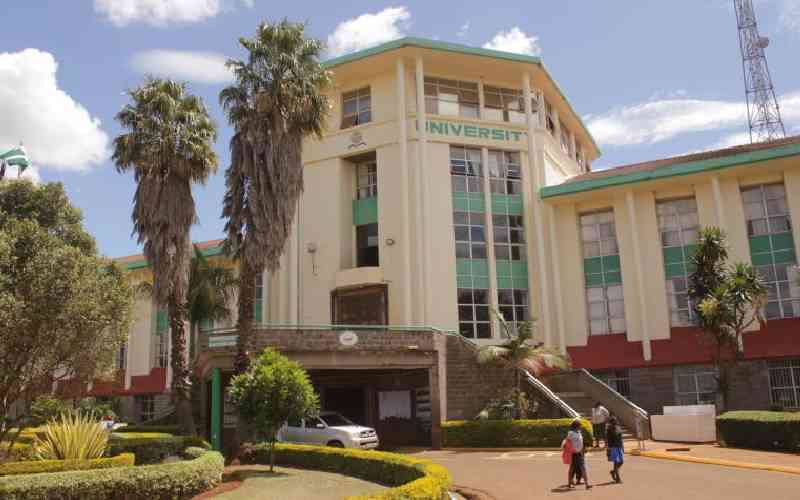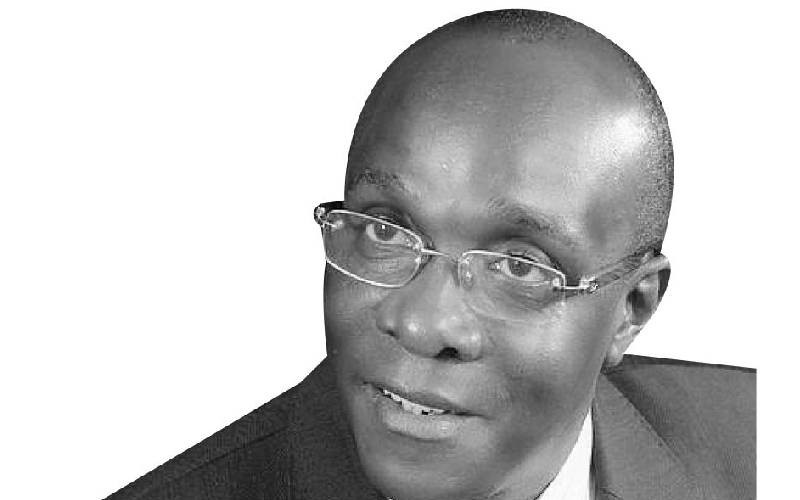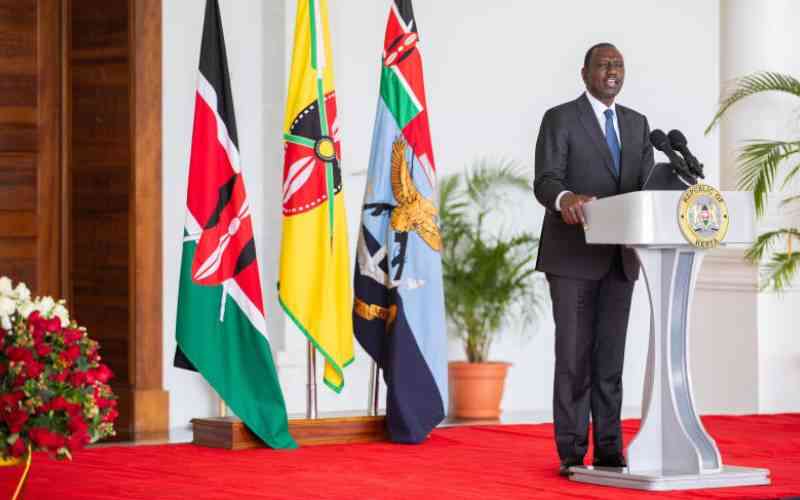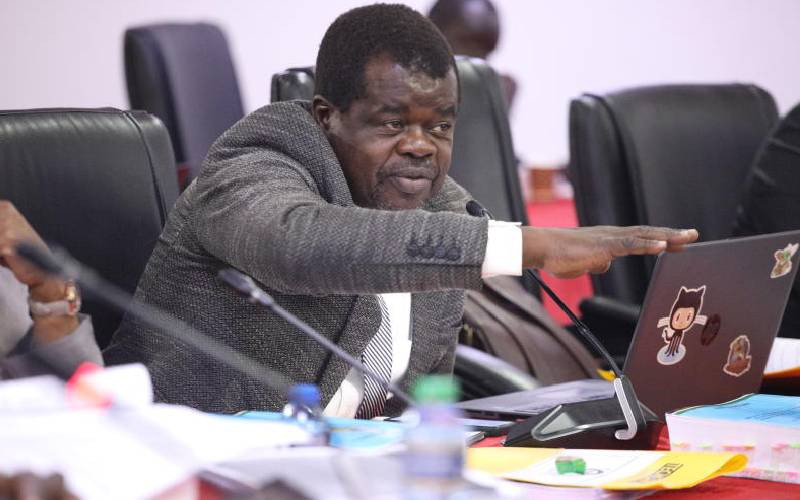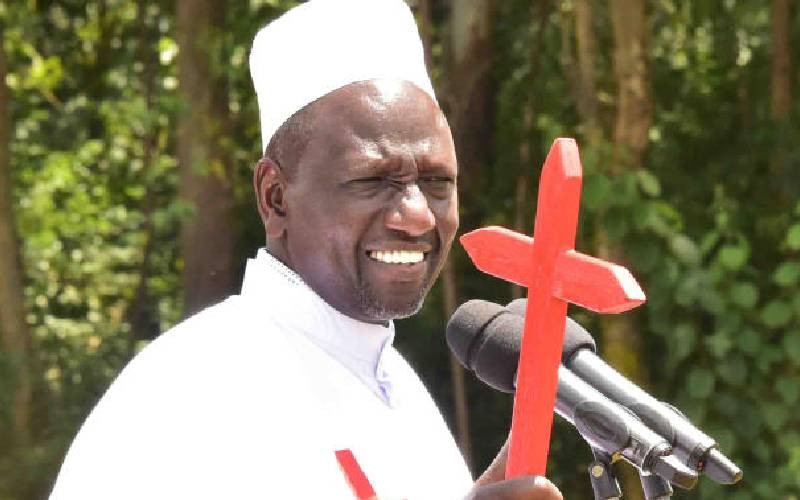Last week, columnist Barrack Muluka explained why ignorant mobs should not be left to decide who governs. He founded his argument on the ideas of Plato and Socrates to advance the age-old idea of a ‘philosopher-king’, he who brings together knowledge and power.
Seemingly reasonable at first glance; those who seek to rule over us should be knowledgeable, perhaps even wise.
The only challenge is in defining exactly what ‘knowledge’ is, or which brand of it we’re speaking of. Muluka does not help us much here, making it even difficult for us to understand what or who constitutes his ‘ignorant mob’ that he positions as the anti-thesis to the philosopher-king.
Muluka does not directly raise the question of Nairobi Senator Mike Sonko in his analysis but his argument appears to be the foundation of the anti-Sonko movement. From much of the chatter, it seems people are afraid of what is described as ‘populism’, which we are to understand is an evil ideology that may yet be the end of life as we know it.
Sonko’s brand of populism is appealing and mobilising the masses to challenge their frustration with the status quo; a system of urban governance that has excluded them. Of course, Governor Evans Kidero’s performance or the lack thereof, has given Sonko great ammunition.
For the underclasses, Sonko represents a promising option. He has shown them he cares about their plight. The Sonko Rescue Team is a case in point. He did not wait to win. His detractors of course argue that these interventions are not sustainable. We are told that he has to develop systemic interventions which is of course harder than the quick fixes he’s been offering.
Here, of course the idea of signalling appears completely lost. The counter from his target audience is obvious: ‘If he can help us when he’s out, imagine what he can when elected.’
The revolt at the nominations showed us that the ordinary man cares not for lofty things; they just want simple and practical solutions to the challenges that complicate their lives. This marks the difference between the two campaigns.
As we await the official manifestos of the candidates, initial indications from Sonko are that he will seek to address exactly those issues that affect the common man.
Hawkers issue
He may be changing his grooming in an attempt to put the middle-class at ease, but his focus on the men and women struggling to make a living on the margins of the city appears unwavered.
For one, he seems to be taking the issue of hawkers seriously. His message to them is that this is their city too! He has indicated that he will find a way of making their lives more bearable without threatening shop owners.
I have seen some reports indicating he will also explore a rationalisation of public transport. Of course, Kidero will say the same except that for Kidero, the solution is many years away with the light rail but Sonko starts with talk of creating new matatu routes.
Congestion will ease if people don’t have to go through the city centre to connect between two points in the city.
I think this opposition to Sonko derives from two key issues. The first is a cultural elitism of those of us who have been educated the ‘populism’ way. This comes from a ‘cultural elitism’ of those who would want to sit outside cafés in the city sipping their macchiato as they watch the sunset, completely oblivious of the embodied structural violence.
The second stems from the idea that Sonko is an ‘ex-criminal’. The use of that phrase on him is suspect because we know that most of our elected leaders fall in the same category.
They have forged education certificates, created artificial maize shortages, appropriated parastatal assets or simply just stolen money from the public coffers. They are still criminals, but many of them are of the ‘white-collar’ type.
Stay informed. Subscribe to our newsletter
For as long as Sonko continues to champion the interest of the ordinary citizens of this city, I’ll cut him some slack.
After all, we’ve already tried the other option – and look where that got us.
-The writer is a researcher and analyst in Nairobi. [email protected]
 The Standard Group Plc is a
multi-media organization with investments in media platforms spanning newspaper
print operations, television, radio broadcasting, digital and online services. The
Standard Group is recognized as a leading multi-media house in Kenya with a key
influence in matters of national and international interest.
The Standard Group Plc is a
multi-media organization with investments in media platforms spanning newspaper
print operations, television, radio broadcasting, digital and online services. The
Standard Group is recognized as a leading multi-media house in Kenya with a key
influence in matters of national and international interest.
 The Standard Group Plc is a
multi-media organization with investments in media platforms spanning newspaper
print operations, television, radio broadcasting, digital and online services. The
Standard Group is recognized as a leading multi-media house in Kenya with a key
influence in matters of national and international interest.
The Standard Group Plc is a
multi-media organization with investments in media platforms spanning newspaper
print operations, television, radio broadcasting, digital and online services. The
Standard Group is recognized as a leading multi-media house in Kenya with a key
influence in matters of national and international interest.

